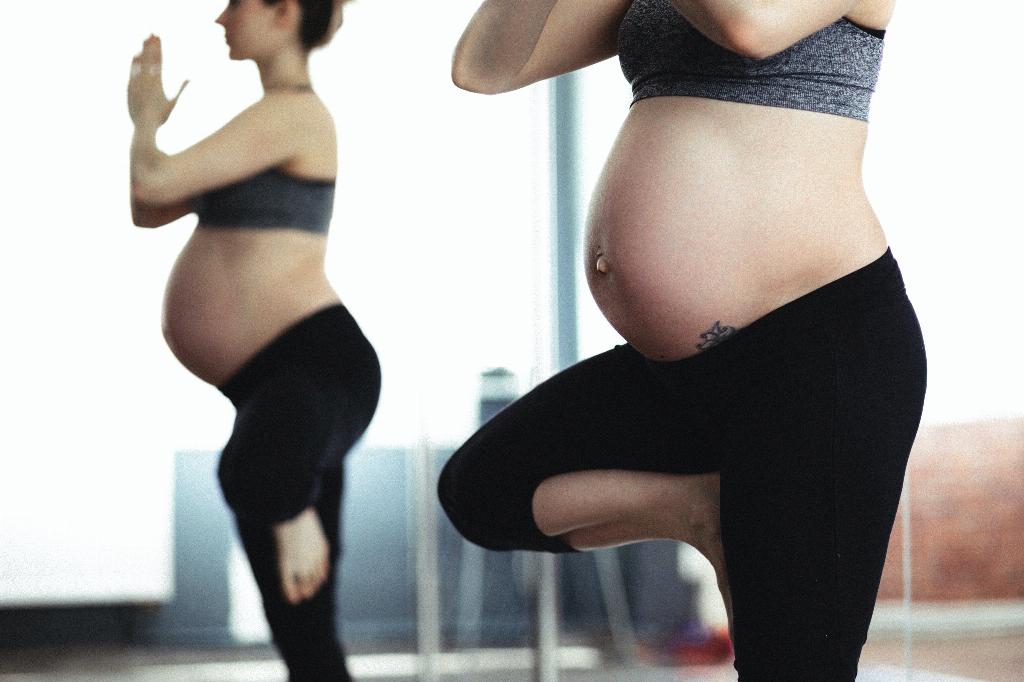Bringing a new life into this world is a miraculous journey. However, with the joys of pregnancy come certain risks and challenges. One such risk is the development of blood clots, which can pose serious health complications for both the mother and the baby. So, how can you protect yourself from this potential threat?
1. Stay Active
Exercise during pregnancy is not only safe but also beneficial for your overall health. Regular physical activity can improve blood circulation and reduce the risk of blood clots. Consult with your healthcare provider to determine the appropriate level of exercise for your individual situation.
2. Keep Moving
If you have a job that requires long periods of sitting, it’s crucial to take frequent breaks to stretch and move around. Simple leg exercises or taking short walks can help prevent blood from pooling in the lower extremities, decreasing the likelihood of clot formation.
3. Hydrate, Hydrate, Hydrate
Staying well-hydrated is essential for maintaining healthy blood flow. Make it a point to drink plenty of water throughout the day to help reduce the viscosity of your blood and support cardiovascular health.
4. Follow Medication Guidelines
If your healthcare provider has prescribed medications to manage certain conditions during pregnancy, it’s crucial to adhere to their instructions diligently. Consistent use of prescribed medications can play a significant role in lowering the risk of blood clot formation.
5. Use Compression Devices
In some cases, healthcare providers may recommend the use of compression stockings or devices to promote healthy blood circulation in the legs. These devices can help prevent blood from pooling and reduce the likelihood of clot formation.
6. Prioritize Nutritious Eating
A balanced diet rich in essential nutrients is key to supporting overall health during pregnancy. Include foods that are high in fiber, vitamins, and minerals to help maintain optimal blood flow and reduce the risk of clotting.
7. Educate Yourself
Knowledge is power when it comes to safeguarding your health. Take the time to learn about the signs and symptoms of blood clots during pregnancy, so you can promptly seek medical attention if you suspect any concerning issues.
8. Listen to Your Body
During pregnancy, your body will undergo numerous changes, and it’s essential to pay attention to any unusual symptoms or sensations. If you experience persistent pain, swelling, or redness in your legs, don’t hesitate to consult your healthcare provider.
9. Maintain a Healthy Weight
Excess weight can strain your circulatory system and increase the risk of blood clots. Aim to maintain a healthy weight during pregnancy through a combination of balanced nutrition and regular physical activity.
10. Avoid Tobacco and Alcohol
Smoking and excessive alcohol consumption can have detrimental effects on your vascular health, potentially raising the risk of blood clots. It’s best to steer clear of these substances to protect yourself and your baby.
11. Prioritize Rest and Relaxation
Stress can impact your body in various ways, including blood clot formation. Make self-care a priority during pregnancy by incorporating relaxation techniques such as deep breathing, meditation, or prenatal yoga into your daily routine.
12. Consult Your Healthcare Provider
Ultimately, the best way to prevent blood clots during pregnancy is to maintain open communication with your healthcare provider. They can offer personalized guidance, monitor your health closely, and address any concerns or risk factors that may arise throughout your pregnancy journey.

